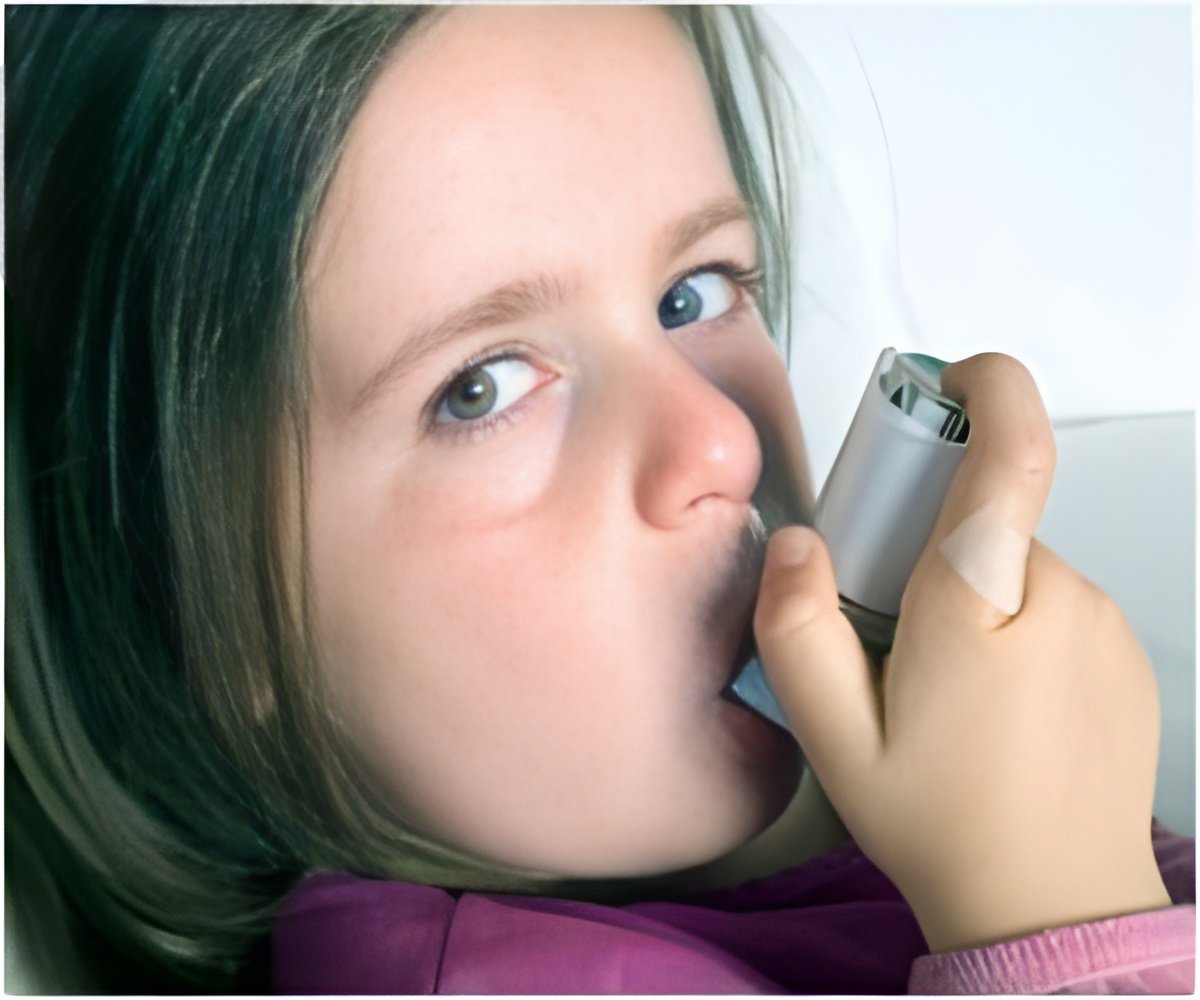For children with mild-to-moderate persistent asthma, low-dose fluticasone had lower cost and higher effectiveness compared with montelukast, especially in those with more airway inflammation.

Asthma is classified based on the frequency and the timing of asthmatic attacks that the child gets. The result of the multicentric clinical trial performed in children with mild-to-moderate persistent asthma was published in the Journal of Allergy and Clinical Immunology. For children with mild-to-moderate persistent asthma, low-dose fluticasone had lower cost and higher effectiveness compared with montelukast, especially in those with more airway inflammation. Fluticasone treatment cost less and was also found to be more effective than montelukast. The lower cost and higher effectiveness were more notable in children with more airway inflammation. Fluticasone also gave more asthma-control days during the 48-week study period.
The result of the study is of great value, especially to the developing economies which face a huge monetary loss of productivity from missed school or work. The revelation supports the current guidelines that recommend inhaled corticosteroid therapy as the preferred asthma controller option for mild-to-moderate persistent asthma in children.
Source-Medindia













